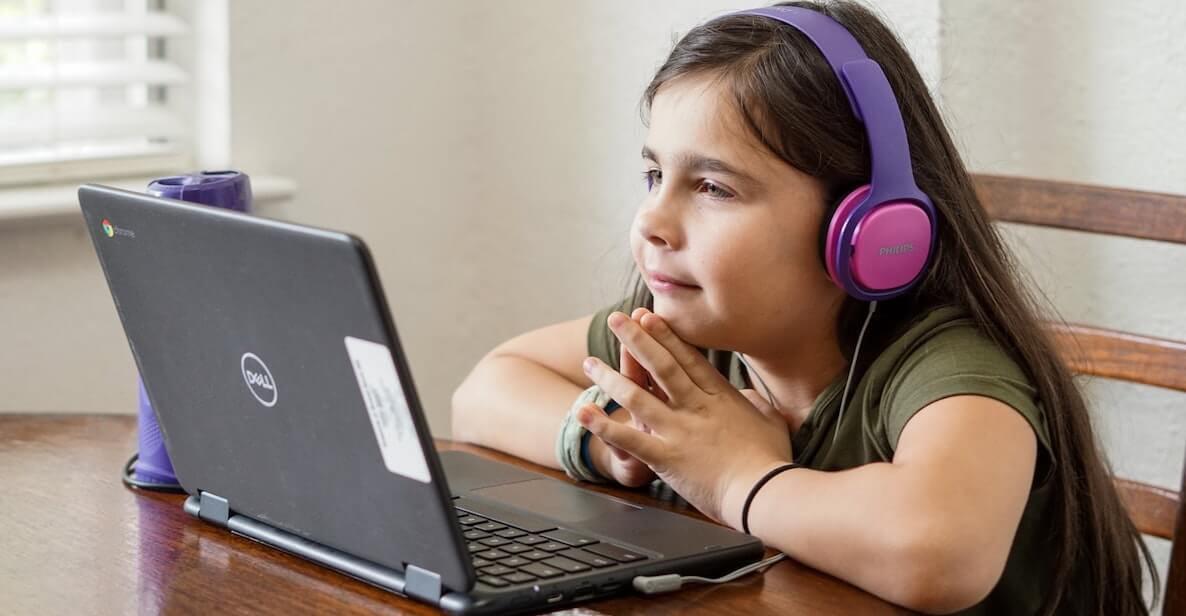The bipartisan infrastructure deal now before Congress is a chance to close the digital divide and connect more Pennsylvanians with telehealth services, online job training, and other digital opportunities. The Covid-19 pandemic underscored the importance of getting everyone connected—and now our elected leaders in Washington can do just that.
Like any bipartisan compromise, the deal won’t make everyone completely happy. Good deals rarely do. But connecting millions to broadband and digital training is a huge step forward, no matter what your political stripe. Getting this job done is more important than partisan preening or ideological absolutism.
The biggest chunk of the proposed broadband spending is a $42 billion effort to wire remote rural communities. That’s good news for the estimated 400,000 rural Pennsylvanians still waiting for high-speed broadband access. Wisely, the bill includes smart safeguards against waste, duplicative broadband builds and luxury forays in communities that don’t need federal broadband dollars.
The bill also makes an unprecedented investment to close the urban digital divide.
While an estimated 4 percent to 8 percent of Americans live in areas that don’t yet have broadband networks in their neighborhoods, a much larger share—23 percent, who are mostly in cities—don’t subscribe to the broadband that is on their doorstep. This gap is even bigger in urban centers like Philadelphia despite broadband’s availability in more than 99 percent of homes.
Digital connectivity is key to our common vision of equality. It will open doors and imaginations beyond what our unconnected neighbors have ever thought possible.
Civil rights leaders have rightly identified this broadband adoption gap as one of the most pressing barriers to equal opportunity and full enfranchisement. Only 71 percent of Black adults and 65 percent of Hispanics have home broadband, compared to 80 percent of whites. This disparity exacerbates inequalities in every other aspect of our society touched by technology, from education and health care to employment and government services. It’s why the late John Lewis declared equal access to the internet to be “the civil rights issue of the 21st Century.”
The bipartisan agreement already passed by the Senate looks to take a huge chunk out of this divide with a subsidy—the Affordable Connectivity Program—to underwrite the cost of home internet service for low income Americans who struggle to afford even the discounted programs providers offer today.
Low-income subsidies work. Broadband providers’ $10-a-month discounted plans have connected over 14 million Americans over the past decade, and the temporary broadband benefit program passed by a bipartisan Congress in December has connected more than 180,000 households across Pennsylvania (and more than 5 million households nationwide).
The infrastructure legislation builds on this progress, committing more than $14 billion to extend the program for five more years. Just like Medicaid and SNAP help millions of low-income families meet their health care and nutrition needs, this Affordable Connectivity Fund will similarly help millions join the online world.
In addition, the bill also funds major new investments in digital literacy and outreach programs. We’ve learned from years of trial and error that mentoring, evangelizing, and teaching digital skills are also key to getting the disconnected—and often disaffected—to sign up. Having a corps of “digital navigators” on the ground to help digital newcomers get connected and stay engaged will help improve participation in these expanded assistance programs.
 Digital connectivity is key to our common vision of equality. It will open doors and imaginations beyond what our unconnected neighbors have ever thought possible. It will mean more equitable and convenient access to health care, particularly for seniors and those with mobility challenges. It will produce better educational outcomes for students. Job seekers will be able to more easily browse job sites, seek out skills training, and go on “virtual interviews” and some of our most disenfranchised community members will have better access to important lifelines such as public benefits systems which are increasingly requiring some sort of digital capabilities to access.
Digital connectivity is key to our common vision of equality. It will open doors and imaginations beyond what our unconnected neighbors have ever thought possible. It will mean more equitable and convenient access to health care, particularly for seniors and those with mobility challenges. It will produce better educational outcomes for students. Job seekers will be able to more easily browse job sites, seek out skills training, and go on “virtual interviews” and some of our most disenfranchised community members will have better access to important lifelines such as public benefits systems which are increasingly requiring some sort of digital capabilities to access.
To get this done, the House of Representatives needs to capitalize on this moment and embrace this bipartisan agreement that every American deserves a chance to get online. It’s a time to choose progress over posturing.
This bipartisan infrastructure bill offers the most meaningful and impactful plan we’ve ever seen for attacking the digital divide in urban and rural America, incorporating provisions that address both. We should keep our eyes on the prize and encourage our leaders in Washington to say “yes.”
Morgan Cephas (192nd District) was elected to serve her first term in the Pennsylvania House of Representatives in November 2016.
The Citizen welcomes guest commentary from community members who stipulate to the best of their ability that it is fact-based and non-defamatory.
The Citizen is one of 20 news organizations producing Broke in Philly, a collaborative reporting project on solutions to poverty and the city’s push towards economic mobility. Follow the project on Twitter @BrokeInPhilly.
Header Photo by Thomas Park on Unsplash




